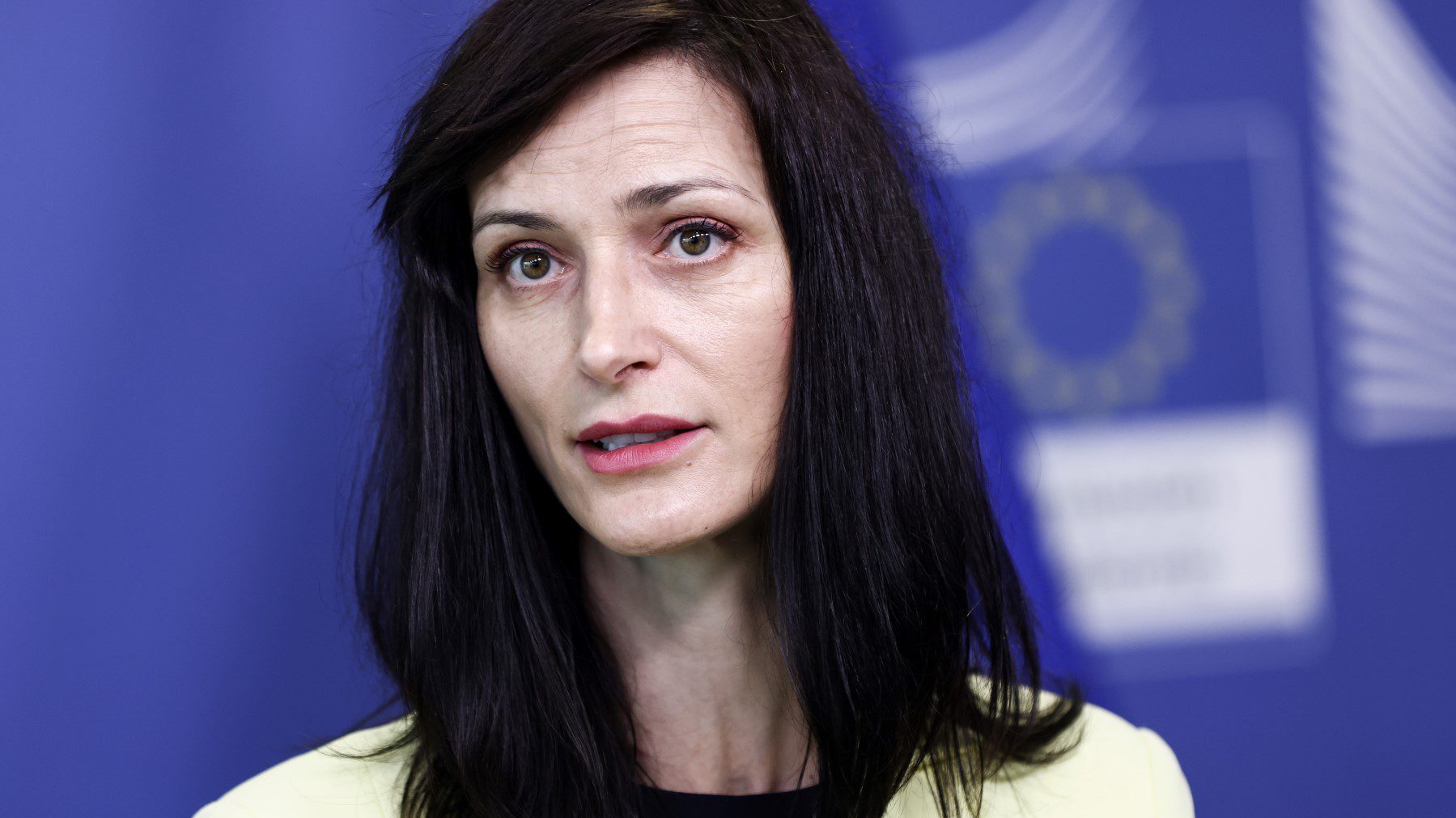Bulgarian European Commissioner for Research and Innovation Mariya Gabriel has resigned and is heading home to form a government there—this, on rightist-populist GERB (Citizens for European Development of Bulgaria) party leader Boïko Borissov’s request.
After accepting Gabriel’s resignation, European Commission President Ursula von der Leyen announced the news on Monday, May 15th.
Replacing Gabriel will be two other commissioners, Denmark’s Margrethe Vestager and Greece’s Margaritis Schinas, who for the time being will take on her duties.
In 2017, Gabriel took office as Commissioner for Digital Economy and Society. Later, in late 2019, she held the research, innovation, education, youth, and culture portfolios.
As previously reported by The European Conservative, following the GERB party’s narrow victory in the April 2nd election, its party leader Boïko Borissov put forward fellow party member Gabriel as the one to head the country, citing her ability to “lead the economy, industry, modernization in the direction we expect.”
On Monday, Gabriel was given the mandate to form a new cabinet by Bulgarian President Rumen Radev.
After receiving it in person, Gabriel proposed for an “expert government” to be formed and said that she would “rely on broad support for the important priorities for our country … United, we are capable of doing everything possible for our common home—Bulgaria.”
The journey toward any such formation is likely to be arduous. As a result of Gabriel’s party’s narrow electoral victory, it holds 69 parliamentary seats while its main rival, a pro-Western bloc led by the centrist PP (‘Continuing the Change’), has a close 64.
Since the election, PP’s leader, former Prime Minister Kiril Petkov, has remained obstinate in refusing Borissov’s offer for a coalition to be formed.
While no names to make up the cabinet have been floated yet, Gabriel has already held exploratory talks with representatives of the BSP (Bulgarian Socialist Party), the centrist DPS (‘Movement for Rights and Freedoms’)—her closest allies—and TISP.
Time is however in short supply, as Gabriel has been given only seven days to break the country’s long-standing political deadlock and form a cabinet.
For some years, Bulgarian politics has been reduced to a state of paralysis, unable to form any functioning governing coalition. So severe was the crisis that Bulgaria had to postpone a planned introduction of the Euro.
Snap election followed snap election, with April’s being the latest, marking the fifth time in only two years that Bulgarians went to the polls.






